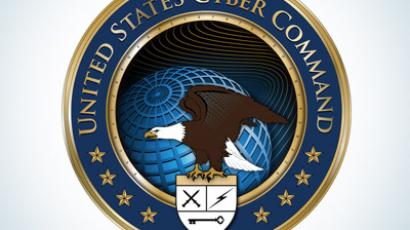Intel idol: UK spy agency seeks talent

British Intelligence is looking for future spies through a code-breaking game on the internet. But it seems geek talents cost more than the government can afford.
The viral campaign, which suggests users to try themselves in cracking codes, was launched on social networks on November 3 in a bid to find self-taught hackers and computer geniuses. The Government Communications Headquarters (GCHQ), British intelligence agency responsible for providing information assurance to the UK government and armed forces, believe they will protect the country from the growing problem of cyber crimes. The viral link posted on Facebook or Twitter and other social networks leads potential spies to the website called “Can you crack it?”And it is where the game is. Basically, to the untrained eye, it looks meaningless grid of 160 pairs of letters and numbers, but a precious source of information to geeks. Competitors are then given seven hours to break the code to get a secret keyword. But just hours after the game was posted online, an unknown number of people had managed to decipher it.Those who succeed in cracking the code are directed to the GCHQ website and invited to apply for a job.And at this point, some geniuses have been being disappointed with the salary the intelligence agency is ready to pay them for code-breaking skills – a bit less than $40,000 (£25,000) per annum.“There is an incredibly high turnover at GCHQ and that is simply down to pay,” one cyber expert told the Telegraph. “Those who can [meet] that challenge could easily earn up to $125, 000 (£80,000) a year in the private sector.” According to the Daily Telegraph, the campaign comes after concerns were raised by the Intelligence and Security Committee about the GCHQ's “inability to retain a suitable cadre of internet specialists” to respond to cyber threats, it said in an annual report.The Foreign Secretary William Hague said there had been an “exponential rise” in incidents, with systems such as welfare and tax databases “liable to attack”.“Countries that cannot maintain cyber security of their banking system, of the intellectual property of their companies, will be at a serious disadvantage in the world,” Hague was quoted by the source as saying. GCHQ is looking to hire around 35 spies over the next few months. The code-breaking game will remain online until December 12.














